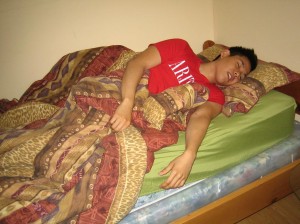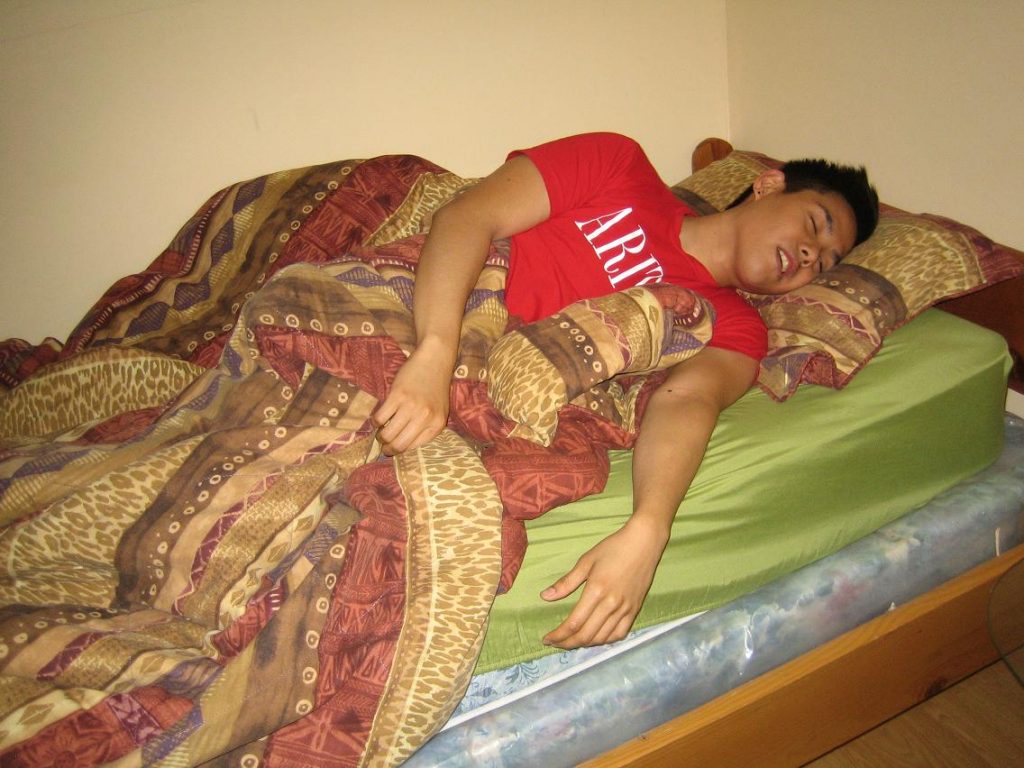Pilonidal cysts are skin pockets that usually form near the upper part of the opening or fissure of the buttocks. They are diagnosed when they are infected and become an abscess filled with pus and requires drainage.
https://www.youtube.com/watch?v=TUBRM8_Aimw
Pilonidal cysts are usually due to ingrown hairs or other debris beneath the skin. This condition is common in men in their 20s and 30s, people who are seated for long hours and sedentary occupations such as truck driving and office work.

Pilonidal cysts also happen in people with plenty of hair or having coarse and stiff hair. These types of hair can easily puncture a cyst. Other factors that increases the risk of developing pilonidal cyst includes a recent local trauma or irritation, deep natal cleft or a groove between the buttocks, being overweight and a family history of the disease.
Symptoms of pilonidal cysts
- Redness of the affected area
- Swelling and pain
- Drainage with a foul odor
- Formation of a cavity that contains granulation tissue, debris and hair
- Fever
Treatment
- Keep the affected area clean.
- Apply a warm compress on the affected area to lessen the swelling and pain. The dampness of the compress will soften the cyst. Soak a washcloth in warm water, wring out excess water and apply on the cyst at least for 10 minutes at 4 times every day.
- Epsom salt has healing properties that eliminates cysts rapidly and has magnesium sulfate that drains pus from the cyst. In a bathtub filled with warm water, add a cup of Epsom salt. Mix until totally dissolved and soak the body in the warm bath to lessen the inflammation and pain from pilonidal cysts.
- Dip a black tea bag in warm water for at least 5 minutes, wring out the excess water and apply the moist tea bag on the cyst for at least 5-10 minutes every day for several days. Black tea prevents the cysts from becoming worse and lessens the risk for infections. It is also rich in anti-inflammatory properties that lessen the swelling and pain.
- Perform regular exercises to increase the flow of blood in the area and for fast healing of the condition.
Tips
- Take the prescribed vitamin C and zinc supplement for fast healing of the condition.
- Use a coccyx cushion or pillow to provide support while sitting and prevent making the condition worse.
- Avoid touching the affected area with dirty hands.
- To prevent making pilonidal cysts becoming worse, keep the area clean and dry.
- Avoid poking the cysts with any sharp tool to drain the fluid.
FACT CHECK
https://www.healthline.com/health/pilonidal-cyst
https://www.medicinenet.com/pilonidal_cyst/article.htm
https://www.mayoclinic.org/diseases-conditions/pilonidal-cyst/symptoms-causes/syc-20376329
